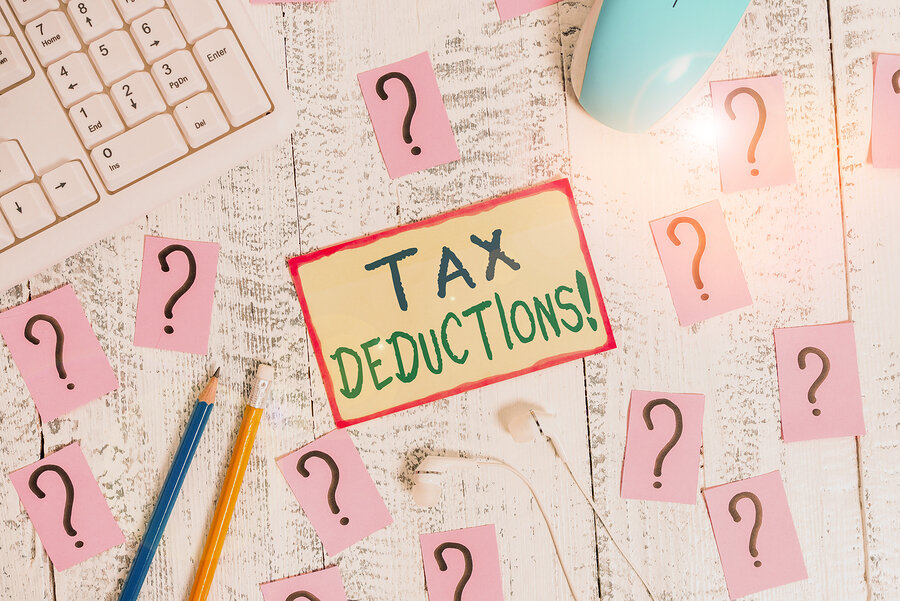Deduction vs. Expense: Do You Know The Difference?
It’s a new year, and we all know what that means. New motivation, new ideas, and, unfortunately, taxes. It can be tempting for a small business owner to attempt to manage all their own taxes. And, if you enjoy that kind of thing, that’s great! However, most people don’t enjoy it and don’t have the expertise required to do it properly.
A common and potentially expensive mistake that small business owners make on their taxes is mixing up the difference between a deduction and an expense. You may think this is a simple mistake, but the IRS doesn't always take kindly to mistakes of any kind. Read along as we outline the difference between deductions and expenses and how to get your taxes right the first time.
Expense
Let’s begin with the easiest point: expenses. This term should be clear as day to you. An expense in tax terminology is any amount of money that you spend on anything within your business. From new business cards and computers to payments made on your company cars and even charitable donations. All of these things are considered expenses.
Deductions
All deductions are also expenses, but not all expenses are considered deductions. We’ll get into the nitty-gritty of that in a minute. But, a deduction occurs when an expense is subtracted from a business owner or an individual's taxable income, lowering the amount of taxes she has to pay in a given time period.
From your experience filing your individual taxes, you may be familiar with the concept of opting for the standard deduction. This is an option provided by the IRS for individuals and families whose itemized deductions fall below a certain threshold. As of 2019, the threshold for standard deductions is $12,200. However, businesses are not eligible for the standard deduction. So it is very important to keep track of your expenses so that you can track your deductions.
Acceptable Deductions
Here are a few items which can be deducted for your small business taxes:
Employee salaries and benefits
Vehicle Mileage or Actual Expense
Office Supplies and Equipment
Professional Services
This is absolutely not an exhaustive list, but it may give you an idea of some things that you could be deducting. For more details visit the IRS website. If you aren’t already claiming these deductions I would urge you to hire an accountant who can help you save money on your taxes.
Unacceptable Deductions
Most importantly, here are some deductions that are not acceptable. Pay attention to these because this is where you’ll end up getting yourself into hot water if you're not careful.
Political contributions
Illegal activities
Club dues
Commuting costs
Business gifts over $25
Again, this is not an exhaustive list, for more clarity on this subject you should consult an accountant with a good track record who specializes in working with small businesses like yours.
You’ve worked hard to get your business off the ground and turn it into what it is today. Don’t get yourself into financial trouble by trying to handle your business taxes without the help of a professional. For more information about how Fix-It Accounting can help you save money on your taxes, contact us today.


